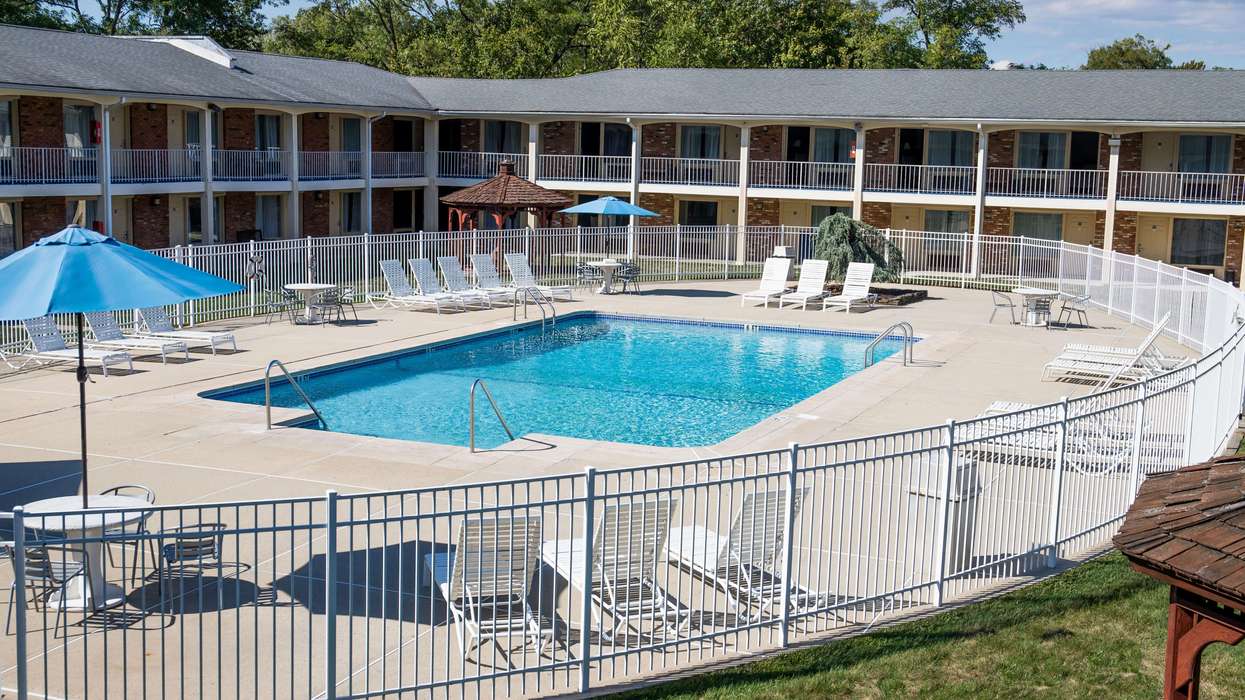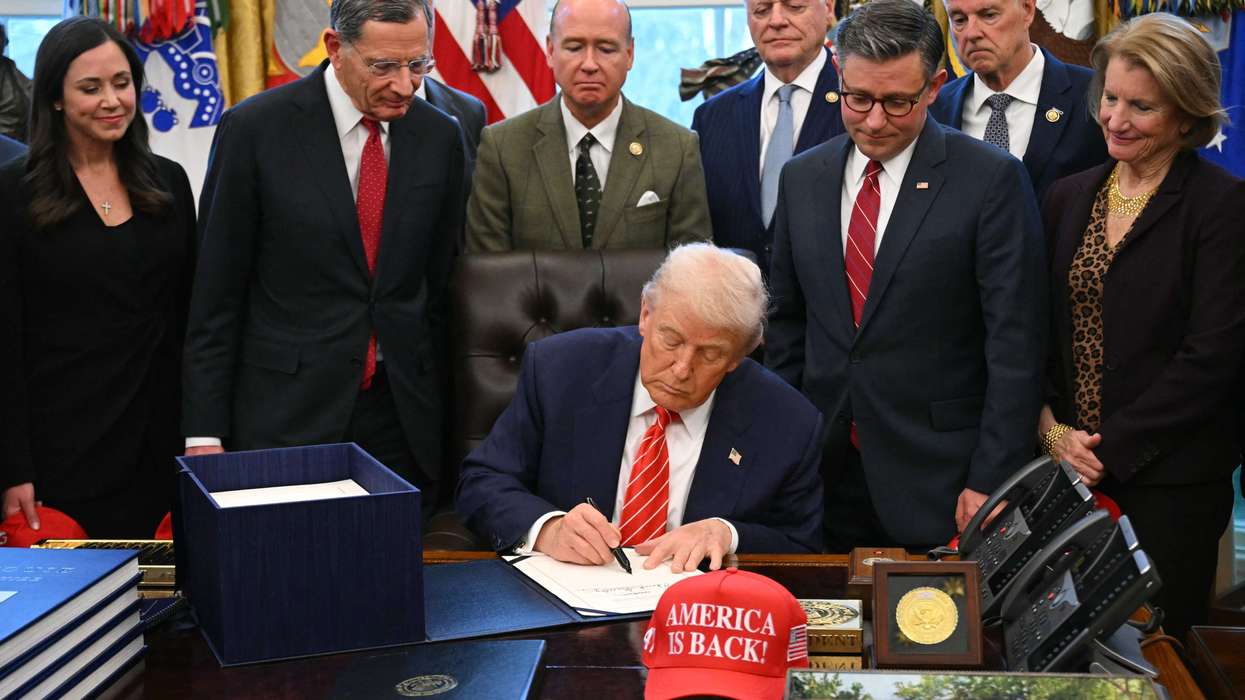THE U.S. SUPREME Court has “vacated as moot” a case that experts in the hospitality industry said could have set a precedent making it harder to file a “tester lawsuit" against hotels for alleged violations of the Americans with Disabilities Act of 1990. However, in its decision the court said it may still in the future address the core issue of the case, whether a person can file an ADA lawsuit against a hotel even if they have no intention of staying at that hotel.
The case, Acheson Hotels, LLC v. Laufer, was originally filed by Deborah Laufer against Acheson Hotels in Maine. Laufer had sued saying the hotels in the case had failed to state on their websites whether they had accessible rooms for the disabled.
“After a lower court sanctioned her lawyer, Laufer voluntarily dismissed her pending suits, including her case against Acheson Hotels, LLC, and filed a suggestion of mootness in this court,” the court said. “Though Laufer’s case is moot, the circuit split on the issue briefed and argued in this court is very much alive.”
In her summary of the court’s decision, Justice Amy Coney Barrett said Laufer had established a pattern of filing similar lawsuits.
“Deborah Laufer has sued hundreds of hotels whose websites failed to state whether they have rooms accessible to the disabled. As the sheer number of lawsuits suggests, she does not focus her efforts on hotels where she has any thought of staying, much less booking a room,” Barrett said. “Instead, Laufer systematically searches the web to find hotels that fail to provide accessibility information and sues to force compliance with the ADA.”
Also, in July, Laufer’s lawyer, Tristan Gillespie, was banned from practicing law for defrauding hotels by lying in fee petitions and during settlement negotiations, Barrett wrote. For example, Gillespie demanded $10,000 in attorney’s fees per case while using “boilerplate complaints” and he paid the father of Laufer’s grandchild for investigatory work that he never performed.
But it was the matter of standing that brought the case to the Supreme Court, Barrett said.
“Laufer has singlehandedly generated a circuit split,” Barrett said. “The Second, Fifth, and Tenth Circuits have held that she lacks standing; the First, Fourth, and Eleventh Circuits have held that she has it. We took this case from the First Circuit to resolve the split.”
In the end, though, Laufer voluntarily dismissed her pending suits but still asked the court to rule on the idea of the lawsuit’s standing in the courts, Barrett said. However, the justice said the court chose not to do so.
“We are sensitive to Acheson’s concern about litigants manipulating the jurisdiction of this Court. We are not convinced, however, that Laufer abandoned her case in an effort to evade our review,” Barrett said. “She voluntarily dismissed her pending ADA cases after a lower court sanctioned her lawyer. She represented to this court that she will not file any others. Laufer’s case against Acheson is moot, and we dismiss it on that ground. We emphasize, however, that we might exercise our discretion differently in a future case.”
All eyes were on this case
In the August issue of Asian Hospitality, Chip Rogers, president and CEO of the American Hotel & Lodging Association, and Laura Lee Blake, president and CEO of AAHOA said the Acheson case held the greatest potential for establishing legal control over tester lawsuits, also known as “drive-by” or “click-by” lawsuits.
“I think most everybody is looking at this Supreme Court case,” Rogers said. “Years ago, when I was at AAHOA, we were able to support legislation in the House of Representatives and effectively pass the House but never had a hearing in the Senate. That would have allowed a cure period. If someone accuses you of violating the ADA, you would have been given an opportunity to correct anything if that was in fact not within the ADA standards. That was the furthest that any piece of legislation had ever made it.”
Blake held a similar opinion of the importance of the case.
“Given the increasing ADA lawsuits that have been filed against hotels, this is an important case because it could potentially limit the types of litigants and claims that will be allowed,” Blake said.
In a statement following the Supreme Court’s decision to declare the case moot, Rogers said the decision still sends a message to serial ADA lawsuit filers.
“Tester lawsuits, in which plaintiffs file hundreds of legal complaints against hotels seeking quick settlements, have become a cottage industry in the United States. In this case, a hotel decided to fight this scheme and in doing so shed light on the extortive practice,” Rogers said. “The Americans with Disabilities Act is a critical civil rights law, but this case was never about legal compliance. It was about whether serial litigants with no intention of becoming hotel guests have standing to sue hotels. While we would have welcomed a broader ruling, the Supreme Court today sent a message to other serial litigants against ‘manipulating the jurisdiction of the [Supreme Court],’ and revealed how the court ‘might exercise its discretion differently in a future case.’ Because Acheson and the hotel industry fought back, the plaintiff dismissed hundreds of suits against hotels and vowed to the court she would never again bring these types of claims. This will bring some solace to small business hoteliers who for years have been victimized by drive-by and click-by tester lawsuits.”






